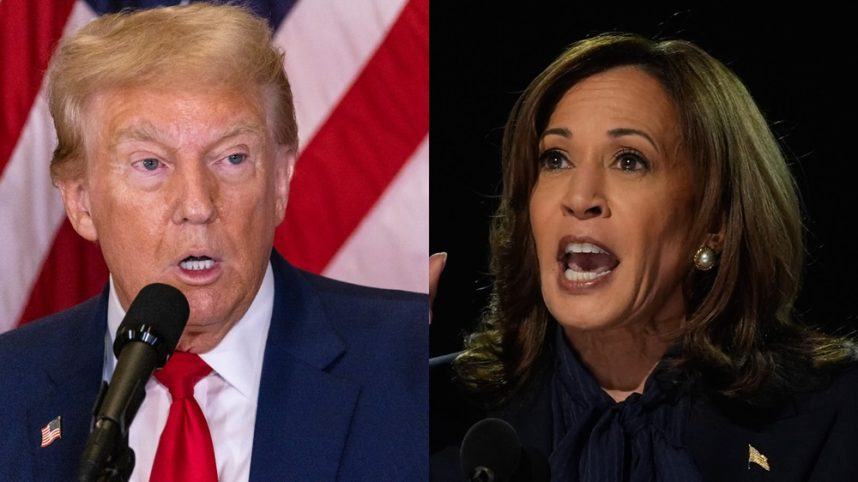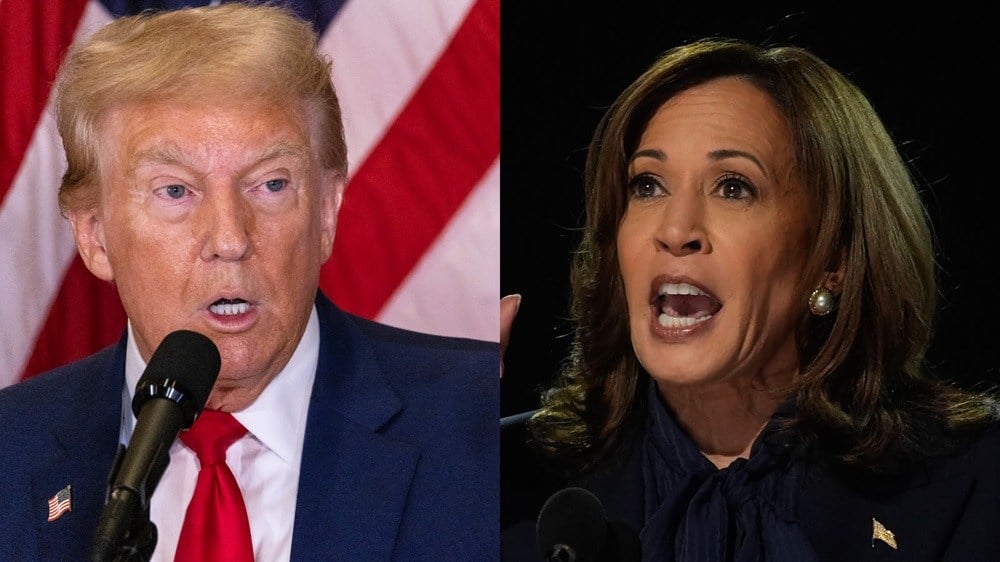Posted on: October 2, 2024, 06:31h.
Last updated on: October 2, 2024, 06:31h.
Financial exchange and prediction platform Kalshi on Wednesday relaunched its betting markets on the US presidential election. That’s after a federal appeals court in Washington D.C. denied a bid by the Commodity Futures Trading Commission (CFTC) to halt the markets on the grounds that they would harm the integrity of November’s election.

Kalshi is regulated by the CFTC because the product it offers, events contracts, are a type of derivative that allows users to speculate on the outcome of a specific event.
That could be the Best Picture at the Oscars, or which party will control Congress after the election. The contracts enable speculators to put their money on “yes” or “no” outcomes before expiring.
‘New Era’
The court’s decision means that Americans will be able to “bet” on the election in a regulated market for the first time in history – even if its regulator is a reluctant participant.
“We are incredibly honored to bring safe, regulated, and trusted election markets to the US,” Kalshi CEO Tarek Mansour said in a statement. “This week is the dawn of a new era for financial markets.”
In October 2022, the CFTC ordered Kalshi not to offer this product because betting on elections is illegal in the US. Kalshi sued the CFTC last year, arguing that it overreached its authority by doing so.
On September 7, a lower court judge sided with Kalshi in the case, and the platform briefly began taking election bets on September 12. Within a matter of hours, the CFTC successfully appealed to the court to freeze Kalshi’s election contracts, pending arguments from both parties. That freeze has now been lifted.
Kalshi has long argued its contracts are in the public interest because they provide accurate data for election forecasting. But the CFTC cited a $7 million position taken by one trader on Mitt Romney to win the 2012 election as evidence that “manipulation has happened and is likely to recur.”
Romney Trader
The unknown trader’s money accounted for more than one-third of all bets placed on Romney to win and about one-fifth of all bets placed on Obama to lose on unregulated online trading exchange Intrade. The platform offered events contracts on the election and was later closed down by the CFTC.
Economists concluded the trader was likely attempting to “manipulate beliefs [among the public] about the odds of [a Romney] victory in an attempt to boost fundraising, campaign morale, and turnout.”
The appellate panel was not persuaded. While the judges said the CFTC’s concerns were understandable, they added it was debatable whether the statutory text allows the commission to ban event contracts.
The CFTC also failed to substantiate that “risks to election integrity are likely to materialize if Kalshi is allowed to operate its exchange during the pendency of this appeal.”
The ruling allows the CFTC to make another bid to pause Kalshi’s election contracts “should more concrete evidence of irreparable harm develop.”




